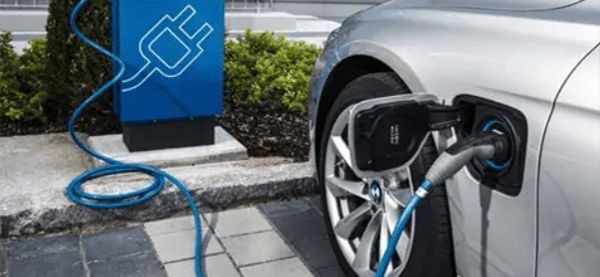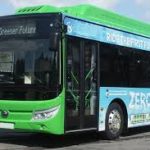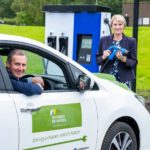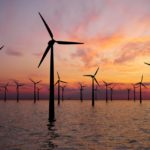Sectors - Commercial
Big Business Drive EV Infrastructure Demand

Demand for electric vehicles (EVs) and the infrastructure to support them has been quiet in recent times, which can often be the case with new technology. This is often due to few early adopters being able to afford the steep price points that accompany new technology.
However, this is something that we could see change as big business commits to migrate their fleet vehicles to become fully electric by 2030.
UK-based building material company Tarmac has joined the ever-growing list of companies committing to change. The organisation released a statement early last month (June) saying: “Tarmac has committed to upgrading its 2,000-strong fleet of corporate cars and vans to EVs by 2030, as well as installing EV charging points and infrastructure in key business locations across the country.”
BT Openreach has also committed to transforming its fleet of over 27,000 commercial vehicles to EVs by the mid-2020s. Retokil Initial, along with energy supplier OVO, have also committed to transform their fleets into EVs. These changes show that the electric vehicle revolution is taking off in big business.
The public are coming round to electric vehicles too. The search term ‘Electric Vehicle’ has reached the category of ‘Rising’ on Google since the start of 2020. However, the cost issue is something that still seems to be a barrier.
But this cost issue is also something that could be quickly overcome, thanks to the highly anticipated ‘Battery Day’ which is expected to be revealed by Tesla’s Elon Musk in September 2020. Here, Mr Musk is set to reveal massive advances in the reduction of battery size, huge improvements to battery capacity and a landmark reduction in battery pricing, which will hopefully remove the three main barriers to EV adoption.
If you would like to read more like this, then please click here
Related Articles
Related Articles
- Cinema Boosts Leisure Work for JPG
16 Dec 21
JPG Group has announced that it is set to provide consultancy services for the delivery
- Winvic Completes DSV 3 Building Facility
9 Dec 21
Winvic Construction Ltd has completed a 522,000 square ft industrial facility and offices for global
- Low-Carbon Office Redevelopment Secured
25 Nov 21
ISG has been awarded a major project to redevelop One Millennium Bridge, by Beltane Asset





